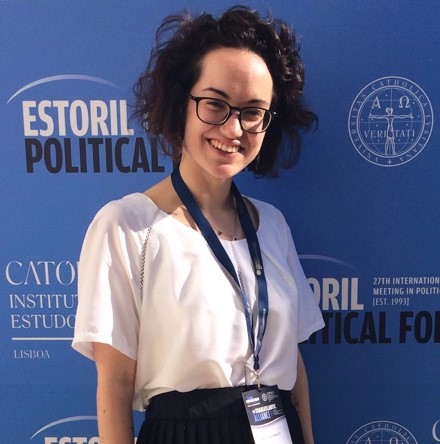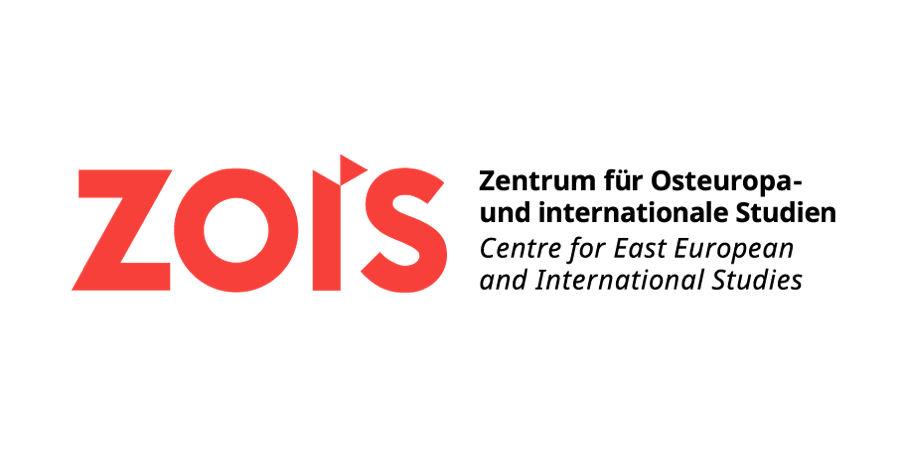A Laboratory for Belarusian Diaspora Encounters
A Laboratory for Belarusian Diaspora Encounters
2020 has brought Belarus on the spotlight, as the country witnessed the most severe political crisis of this century. Brutally silenced for demanding free and fair elections, peaceful demonstrators have been praised internationally for standing up against Lukashenko’s government. Meanwhile, thousands of Belarusian migrants mobilized as part of a transnational grassroot movement to make the world listen to the horrors happening in their home country. Because vulnerability originates in isolation, they have found strength in togetherness. Gathering together is, after all, the ultimate habit of humanity. Yet, the fact of being “somewhere else” during these turbulent times can trigger a series of questions about one’s sense of belonging, eventually highlighting the persisting forced-voluntary dichotomy’s stickiness in large-scale emigration processes.
Moved by the urgent need to decolonize the Eastern European diaspora paradigm, BelStandHub is a English-speaking transformative space for Belarusians living abroad to engage in informal discussion around key topics linked (but not only limited) to identity definition, categorization and the notion of community. Following an interdisciplinary approach, this project brings civil society, academia and the arts together in an effort to tackle shifting perspectives and document life stories. Through bi-monthly calls for submissions, BelStandHub aspires to provide the audience with unpublished works that manage to stimulate reflection and deconstruct stereotypes. Finally, this project aims to develop small but fruitful partnerships in order to incentivize cross-sectoral networking.
Martina Urbinati

Martina Urbinati is a contributor for the digital magazine “EastJournal” and an aspiring PhD candidate in sociology. She holds a MA in Interdisciplinary Research and Studies on Eastern Europe at the University of Bologna and a BA in Slavistics. In early 2020, she was offered an internship at the Centre for East European and International Studies (ZOiS) in Berlin, where she conducted research for her final thesis on disenfranchised internally displaced persons in Ukraine. In addition to migration studies, she has a passion for socialist modernist architecture and independent publications.
Contact: urbinati.martina@gmail.com
Centre for East European and International Studies (ZOiS), Berlin

The Centre for East European and International Studies (ZOiS) is an independent, international and interdisciplinary research institute. It started its work in October 2016 and concentrates on medium-term, socially relevant research on Eastern Europe.
https://en.zois-berlin.de/

